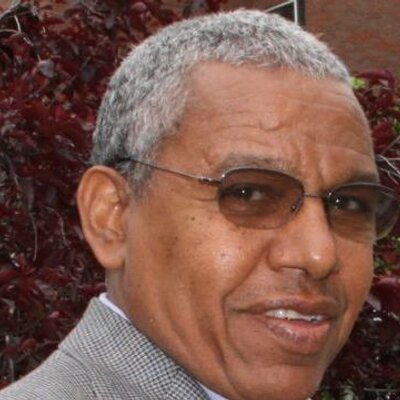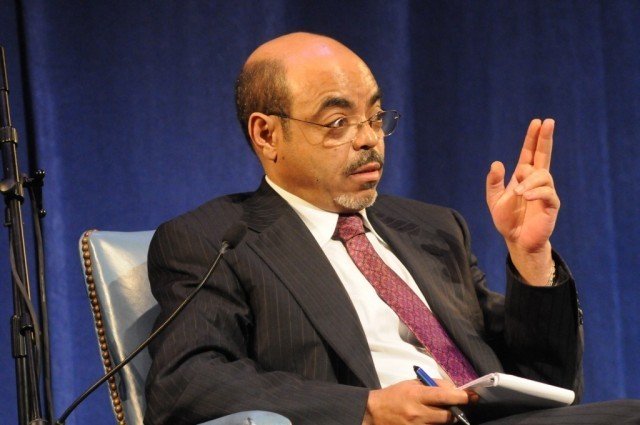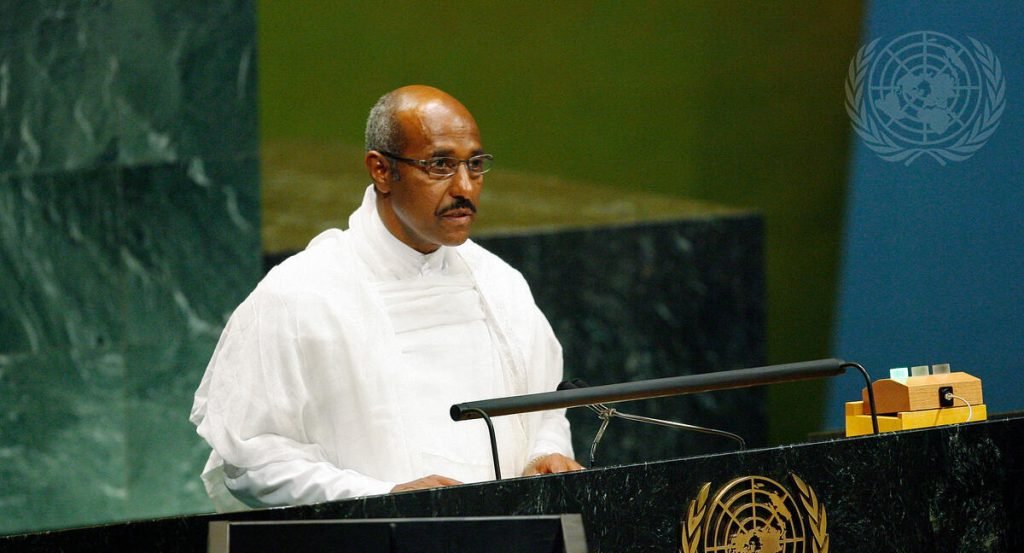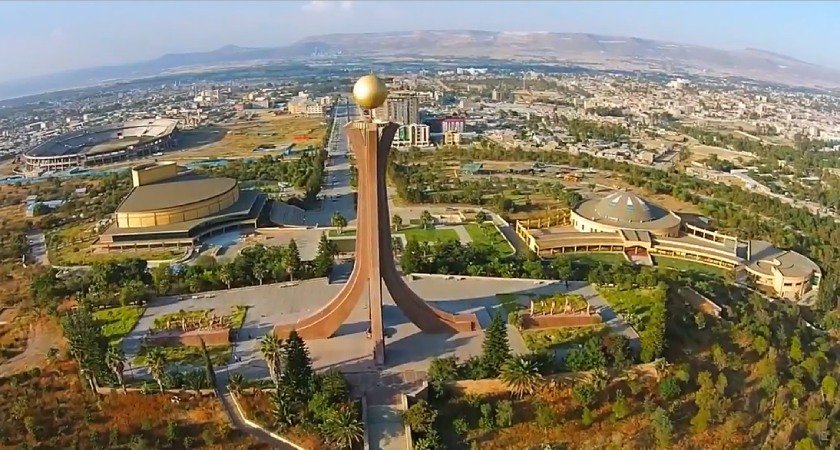Siye Abraha Hagos: The Military Strategist and Political Figure of Tigray

Siye Abraha Hagos is a prominent figure in Ethiopian politics and military history. Born in 1953 in the Tigray region of Ethiopia, Siye grew up in a politically tumultuous time in the country. His involvement in the Ethiopian People’s Revolutionary Party (EPRP) led to his imprisonment for four years in the early 1970s.
Siye Abraha Hagos rose to prominence during the Ethiopian Civil War, where he became a military strategist and one of the leaders of the Tigrayan People’s Liberation Front (TPLF). He played a crucial role in the TPLF’s military victories against the Ethiopian government forces, which eventually led to the downfall of the communist regime and the establishment of a new government under Prime Minister Meles Zenawi.
After the Ethiopian People’s Revolutionary Democratic Front (EPRDF) came to power in 1991, Siye Abraha Hagos was appointed as the Minister of Defense. During his time as Defense Minister, he oversaw the demobilization of thousands of soldiers and the reorganization of the Ethiopian military.
In 1998, a border conflict between Ethiopia and Eritrea broke out, and Siye Abraha Hagos played a significant role in leading Ethiopia’s military response. However, the war ended in 2000 with no clear winner and left both countries with heavy casualties and significant economic losses.
In 2001, Siye Abraha Hagos was arrested and accused of corruption and abuse of power while he was the Defense Minister. He was sentenced to 12 years in prison but was released in 2008 after serving seven years.
After his release, Siye Abraha Hagos resumed his involvement in politics and spoke out against the Ethiopian government’s policies towards the Tigray region. He was also critical of the Ethiopian government’s handling of the ongoing conflict in Tigray that began in 2020.
Siye Abraha Hagos remains an influential figure in Tigrayan politics and military history. He is widely respected for his strategic military leadership and his role in the liberation of Tigray from Ethiopian government forces. However, his controversial arrest and imprisonment have also drawn criticism, and his recent criticisms of the Ethiopian government have sparked debates about his political legacy.




Responses